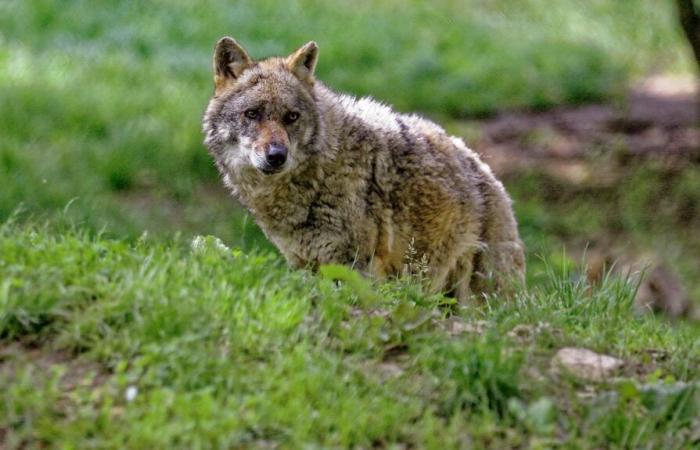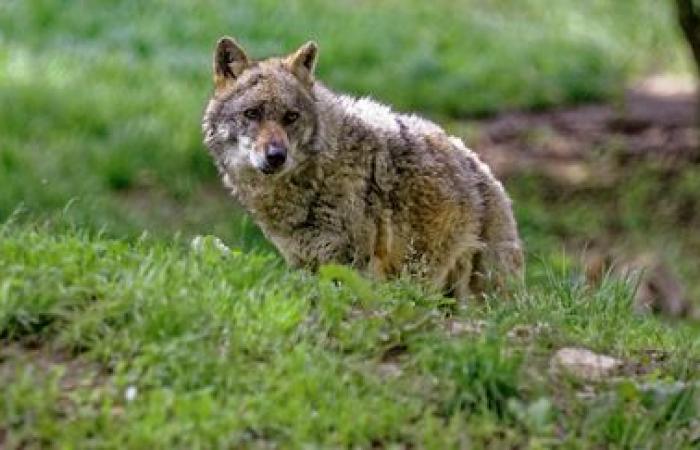While many breeders pleaded for this decision by the Berne Convention, animal protection associations have warned of a risk of weakening the species.
Published on 03/12/2024 12:42
Updated on 03/12/2024 12:42
Reading time: 1min

The Berne Convention, which ensures the protection of wildlife mainly in Europe, approved on Tuesday December 3 a downgrading of the protection status of the wolf, which will go from being a “strictly protected” to “protected”. The 49 member states, meeting in Strasbourg, approved a proposal to this effect from the European Union, declared the Council of Europe in a press release.
“The modification will enter into force in three months, unless at least one third of the parties to the Berne Convention (17) object”specified the Council of Europe. “If less than one third of the parties object, the decision will enter into force only for those parties who have not made objections”he added. The Berne Convention is made up of the 46 member states of the Council of Europe, with the exception of San Marino, as well as four African states: Burkina Faso, Morocco, Senegal and Tunisia. The European Union is also part of it.
Brussels wishes better protect livestock in the context of an increase in the wolf population. This has practically doubled in Europe in the space of ten years, to reach 20,300 individuals in 2023. While many breeders pleaded for this decision, which will make it easier to kill the canine, animal protection associations animals have warned of a risk of weakening the species.








